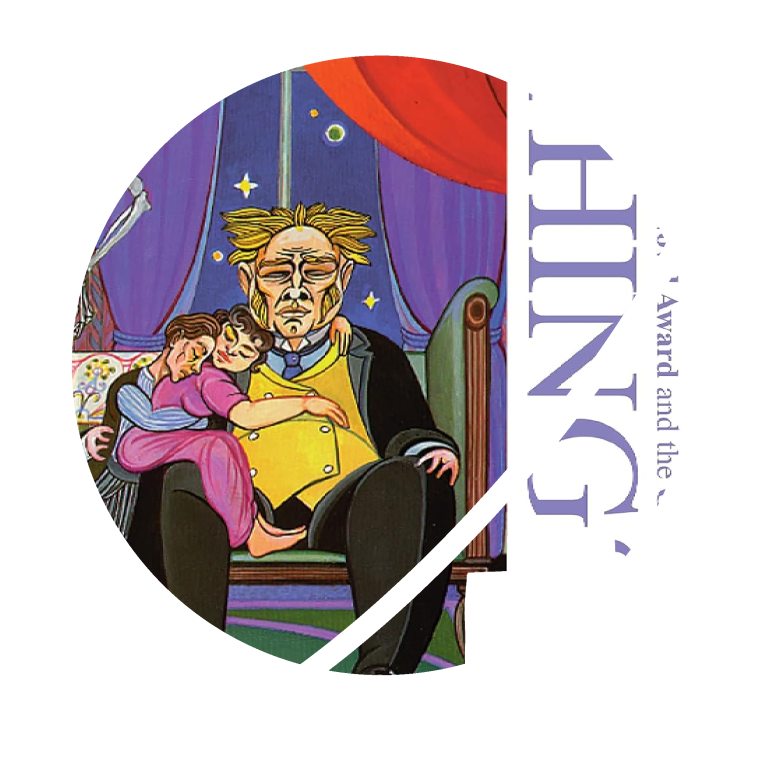- Novel written by Alasdair gray
- Published 1992


Poor Things is such an ambitious book that I feel like I need to reread it at least once before I will be able to fully comprehend it. But even in the first read-through I already very much appreciated how skillfully crafted this story is.
The book is written in the style of a Victorian novel, with an intricate narrative structure. The various stories within stories have the purpose of making you doubt the reliability of the different narrators. Therefore, from the very beginning you are forced to question everything that you are reading, and to decide for yourself which version of events you believe.
The many references to Frankenstein, Jane Eyre and other famous texts serve to support the books themes of female agency, freedom and sexuality. But here too the book refuses to provide easy answers, forcing the reader to do a lot of the thinking for themselves and to make up their own mind.
Apart from the structure of the story, the book also plays around with language itself. My favourite example of this is the evolution of Bella’s speech, as this is where Alasdair Gray really gives free rain to his ability to engage and experiment with language.
The story is in many ways alligorical, which results in some of the characters being somewhat of a caricature. While this fits to book and it’s purpose, it does mean that the readers are kept at more of a distance to the characters, not really being able to fully identify with them. Nevertheless, I found enough to puzzle over in this book that this did not keep me from enjoying it.
The book is very different in tone compared to its 2023 movie adaptation, so if you saw the movie and did not enjoy it, that does not necessarily mean that you will not enjoy the book. I would definitely recommend it to any lovers of either Victorian(-style) or feminist literature.






